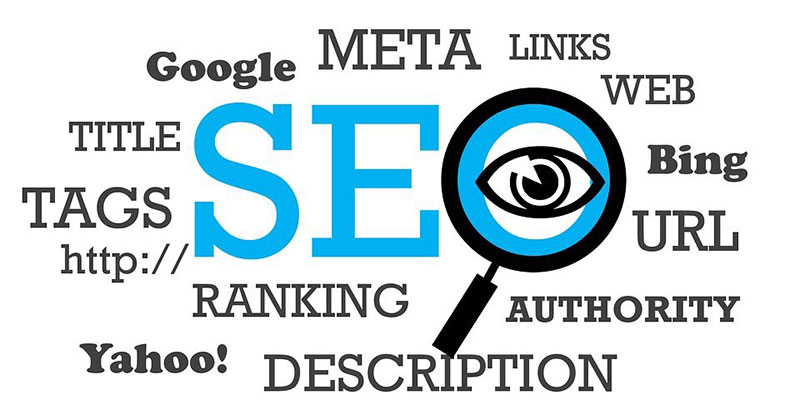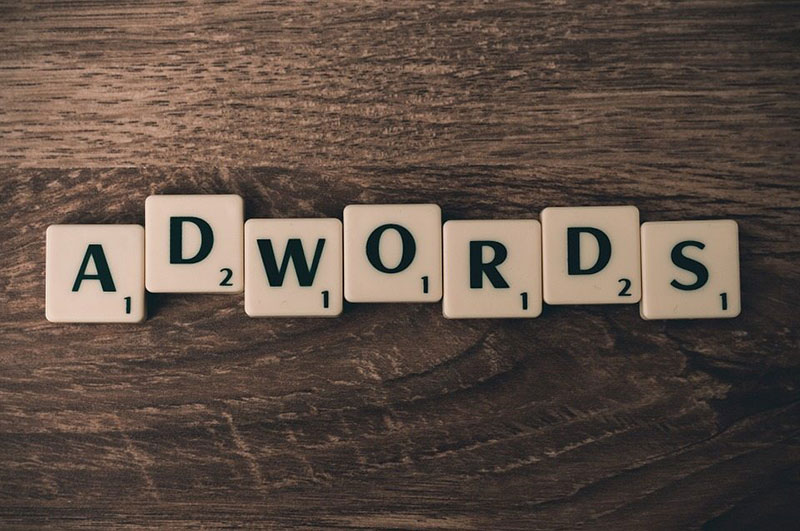SEO VS PPC: Which One Is Better for Your Business
Many business owners are overwhelmed with the number of marketing strategies available.
SEO vs PPC: which one is more effective? What is different about them?
These are some of the questions many small business owners may ask when researching the topic. Keep reading to find out the answers to these questions. In addition, there is more information on SEO vs PPC.
The definition of SEO is using a variety of technical strategies in order to increase a website’s visibility on search engines. The definition of PPC is bidding on keywords and paying for the bid each time a user clicks on an ad related to the keywords. There are pros and cons to both.
Pros and cons of SEO:

Pros:
- You do not have to pay each time someone clicks on a listing. With PPC, you pay each time someone clicks on the ad, even if the action does not convert.
- Results from good SEO are lasting. Good SEO increases authority, brand recognition for some businesses and trust in a website. Improving these factors takes a significant amount of time and effort. However, once these factors have been improved, the results are typically long lasting.
- More trustworthy or authoritative sites tend to receive more traffic than less authoritative sites. Due to this, traffic from SEO tends to come from users who trust the website.
- Traffic from organic search is higher overall.
- Traffic can continue for landing pages long after they have been created.
Cons:
- It takes longer to be effective, around 6 months to one year. SEO results are not instant. SEO requires consistent effort and analysis over a period of time to develop a correct method for a business.
- A good SEO campaign can put a strain on businesses with smaller budgets.
- SEO can be very unpredictable with the major search engine, Google, making algorithm changes frequently. What will increase search visibility depends on the business model.
- Hard to measure ROI. With PPC, it is easy to measure the return on your efforts. It can be complex to determine what effect SEO has on ROI.
- No one has full control of search engine results or changes.
Pros and cons of PPC:

Pros:
- You can develop PPC campaign with a limited budget. Even with a limited investment, PPC can drive traffic to your website.
- Faster results than SEO. A good PPC strategy can convert quickly.
- Target highly specific keywords more easily. It can take some fine tuning with an SEO campaign to target very specific keywords. If you want to target highly specific keywords with a PPC campaign, all you need to do is invest the right amount of money.
- PPC has a higher conversion rate, although there is less traffic.
- PPC ads can appear at the top of the page, above the organic results.
Cons:
- If you are in a competitive industry or on a small budget, the CPC can be expensive. Industries like insurance or legal can have keywords with a high CPC.
- You are paying for the traffic instead of “earning it”. As a result, even if the user does not make a conversion on your site, you still pay for the click.
- Increased traffic does not mean there are high conversions also. An increase in PPC traffic does not mean that there is an increase in revenue.
- You need to know about user experience and analytics. Even if PPC is your sole strategy, you need to understand user behaviors. how to structure web pages and how consumers search for services or products.
- Some people scroll past the ad section directly to the organic listings. You may not hit the entire audience searching for your keywords if you only focus on PPC.
Conclusion
Some types of businesses might have different results depending on which strategy they use. Businesses with a limited budget may find that SEO is not a possible strategy for them to use, at first. PPC might be a better choice for businesses that are beginning to get their brand known. PPC can be effective as soon as a week. Businesses building a website for the first time, and businesses with a small budget would benefit from PPC.
Opposite of PPC, SEO typically takes months. A local campaign might need an SEO strategy, which focuses on local consumers instead of national. Spas, plumbers, HVAC, and roofers would benefit from a local SEO campaign. A national campaign might need to use SEO as well as PPC to help them become more visible to users. Companies that are expanding into new markets, companies with locations in multiple states or cities would benefit from using both strategies. Some people think that SEO or PPC strategies only need attention occasionally, which is false. It is important to remember that for most businesses, consistent improvement of digital assets is what will guarantee increased revenue for years. Dedication to creating high-quality content and adjusting to ranking factors is what signals authority to search engines.
The answer to the question “SEO vs PPC: Which one is best for your business” is it depends on your goals. Using both might be beneficial long term. Digital marketing is competitive. In conclusion, to remain strong in the digital space you need to use a combination of PPC and SEO. However, this is not realistic at times. Some business owners start out with PPC and then decide to initiate an SEO campaign once they have received initial market data from their PPC campaigns. There are many different factors to consider when choosing an SEO or PPC campaign. A marketing agency with expertise such as Momentum can help you decide which strategy might be the best fit for you.